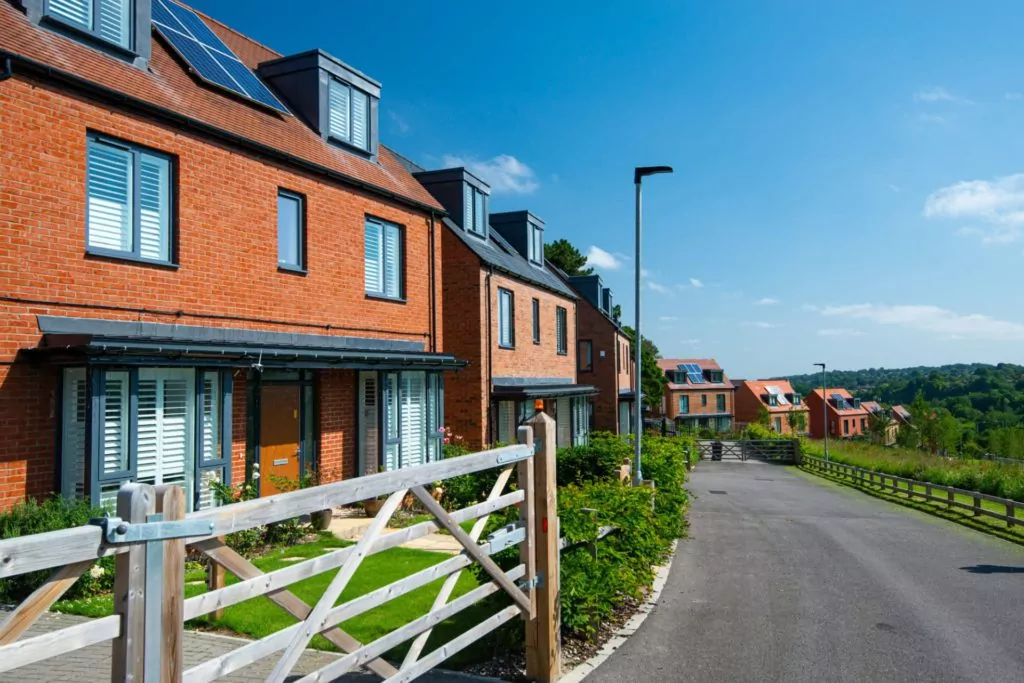
Case summary: R (on the application of Buckley) v Bath and North East Somerset Council [2018] EWHC 1551 (Admin)
Section 149 of the Equality Act 2010 places a statutory duty on public authorities in the exercise of their functions to have due regard to the need to eliminate discrimination and advance equality of opportunity between persons who share a relevant protected characteristic and persons who do not share it (the Public Sector Equality Duty or "PSED").
The recent decision of R (on the application of Buckley) v Bath and North East Somerset Council [2018] EWHC 1551 (Admin) has considered the extent to which a local authority complied with the PSED.
The Council granted planning permission for the redevelopment of part of a residential estate comprising the demolition of up to 542 dwellings and provision of up to 700 dwellings. Despite the fact that the scheme would result in a net increase of dwellings, it would see the loss of 204 affordable homes.
The Claimant, a long-term resident of the existing estate, challenged the grant of permission by way of Judicial Review. One ground of challenge concerned the Council's failure to have regard to certain matters as required by the PSED.
The challenge was successful and Lewis J quashed the permission. It was held that the grant of outline planning permission involved the exercise of a statutory function by the local authority. Accordingly, the PSED applied to the grant of outline permission.
The issue of substance was whether the defendant Council could demonstrate it had had due regard to the impact on the elderly or disabled. Elderly persons may well have lived for many years in a home and wished to spend the rest of their years in that same home. Disabled persons may well have had an existing home adapted and can be certain that they can live, and function, in that environment. To lose that environment may give rise to particular considerations as to the impacts of such a loss which are different from, and greater than, the impact on other persons.
No equality impact assessment was carried out before outline permission was granted and there was no reference in the material before the decision-maker to the PSED or the kinds of matters that that duty required the decision-maker to consider. While it is possible that, in substance, the Council had had regard to those matters, without specifically making reference to the PSED, on balance it was held that the Council did not in fact have due regard to the impact on the elderly and disabled persons of granting an application which might lead to the demolition of their existing homes.
The defendant did not specifically address or have regard to the impact on groups with protected characteristics, in particular the elderly and the disabled, of the loss of their existing home. It may well be that not a great deal would have needed to be said on this matter. It may have been sufficient to draw that matter to the Council's attention and then the Council could have decided whether the contemplated benefits of the proposed development did outweigh any negative impacts. Ultimately, however, Lewis J was persuaded there were matters relevant to the discharge of the PSED which the Council needed to have regard to but which were not drawn to the Council's attention. In the circumstances, there was a failure to discharge the PSED.
Lessons learnt from Buckley: proposal for a large regeneration scheme in London's Elephant & Castle gets initial green light
A planning application for the 978-home mixed-use redevelopment of London's Elephant & Castle shopping centre which began life back in 2016, has in July 2018 been approved by the Council's planning committee, subject to completion of a S106 agreement and consideration by the Mayor of London.
Alongside the homes, the developer is proposing retail space, business space and leisure uses.
Previously, there had been concerns over inadequate protection afforded to local businesses and community organisations. In particular, there were concerns over the loss of a well-used and loved bingo hall.
Interestingly, the planning report does address the matter of the development potentially resulting in adverse equality impacts in relation to age and race, arising from the loss of the existing buildings on the site and impacts upon the businesses therein together with their customers, and the loss of the bingo hall. However, the planning report advised that, with mitigation proposals, including the provision of affordable retail units for displaced tenants, "the proposal would safeguard and promote the objectives protected by section 149 of the Equality Act as far as reasonably possible, given the nature of this major regeneration proposal which would undoubtedly bring about significant change".
Despite the developer offering to give the right of first refusal to a bingo operator to lease leisure floorspace within the proposed development, Planners advised that the future of a bingo hall on the site was "less certain" and could "result in adverse equality impacts". They further advised members to keep this firmly in their minds when determining the planning application.
Additional sweeteners for businesses include offering 10% of the retail space across the site as affordable and the developer guaranteeing a £634,000 tenant relocation fund to support traders.
The application has clearly made considerable efforts to draw to the attention of the decision-maker the potential impacts of the development on groups with particular characteristics. In light of Buckley, the onus will now be on the decision-maker to ensure that they have due regard to those issues when finalising their decision such that they have discharged the PSED and indeed show that they have done so.











